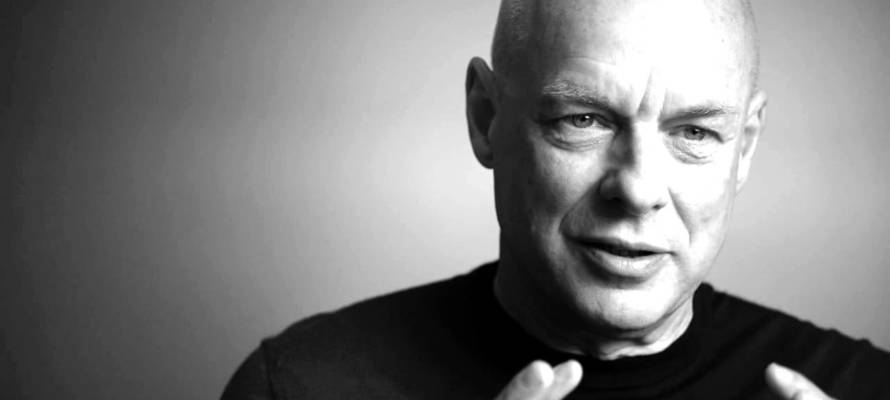British musician and BDS activist Brian Eno has demanded that Israel’s internationally renowned Batsheva Dance Company not use his music for a series of performances in Italy.
Eno, 68, is one of over 1,200 artists who have signed the Artists’ Pledge for Palestine, denying funding to, or cultural collaboration with, Israel.
Eno had only recently discovered that Batsheva had intended to use his music for a performance in Italy, and he subsequently wrote the company a letter, refusing permission.
Italian newspaper La Repubblica reported that a dance piece titled Humus, using Eno’s music, was scheduled for performance on Tuesday at the TorinoDanza festival in Turin, but was withdrawn in accordance with Eno’s demand.
“Though in one way I’m flattered that you chose my music for your work, I’m afraid it creates a serious conflict for me.” Eno stated in the letter. “To my understanding, the Israeli embassy (and therefore the Israeli government) will be sponsoring the upcoming performances, and, given that I’ve been supporting the BDS campaign for several years now, this is an unacceptable prospect for me.”
“It’s often said by opponents of BDS that art shouldn’t be used as a political weapon. However, since the Israeli government has made it quite clear that it uses art in exactly that way – to promote ‘Brand Israel’ and to draw attention away from the occupation of Palestinian land – I consider that my decision to deny permission is a way of taking this particular weapon out of their hands,” Eno wrote.
“I feel that your government exploits artists like you, playing on your natural desire to keep working – even if it does mean becoming part of a propaganda strategy. Your dance company might not be able to formally distance itself from the Israeli government but I can and will: I don’t want my music to be licensed for any event sponsored by the Israeli embassy.”
In response, the dance company said it believes that boycotts such as these are “useless” and make no contribution towards peace.
By: United with Israel Staff
With files from The Guardian
